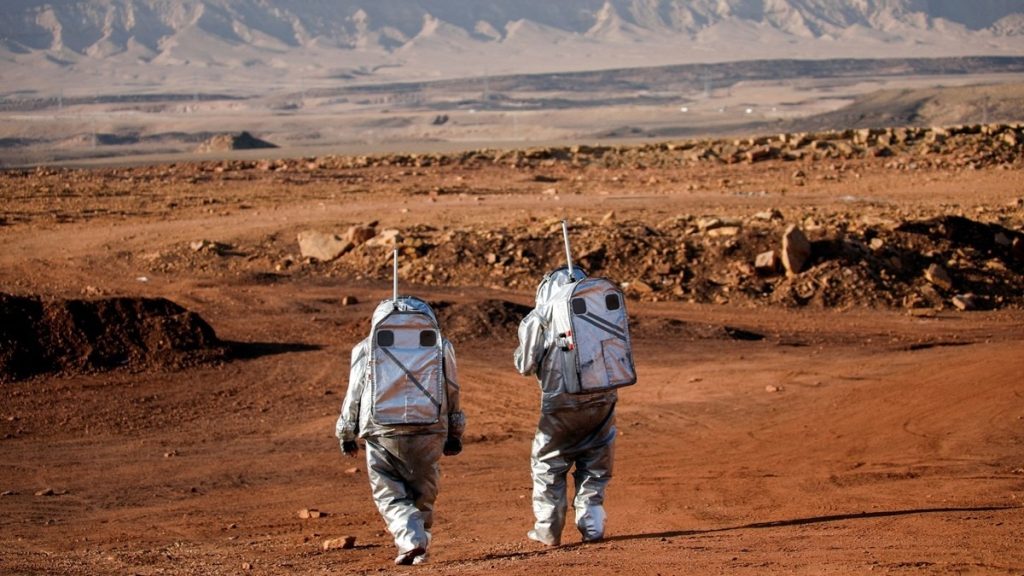SpaceX CEO Elon Musk has long expressed ambitions to colonize Mars, but the financial hurdles to such an endeavor are staggering.
In a recent series of tweets, Musk highlights economic challenges and the goals of making travel to Mars a reality.
The billionaire owner of SpaceX has announced that it will launch Starship Super Heavy missions to the Red Planet within two years, targeting the Earth-Mars transfer window that opens in 2026.
Current costs and future targets
According to Musk, the current cost of delivering a payload to Mars is astronomical. “It's currently about a billion dollars per ton of payload. useful payload to the surface of Mars“, he said. The staggering figure underscores the immense financial barriers to interplanetary travel.
Elon Musk has set himself an ambitious goal: to drastically reduce these costs. He wants to bring the price down to $100,000 per ton so that a self-sustaining Martian city is possible. This represents a staggering 10,000-fold improvement in terms of technology and efficiency.
The role of reusability
SpaceX's breakthrough in creating fully reusable rocket stages is a crucial step toward achieving that goal.
Elon Musk has stressed that making reuse economically viable is even more important than the technological feat itself. This innovation has already led to substantial reductions in the costs of Earth orbit missions.
For potential Mars colonists, Musk has previously estimated ticket prices at between $1,00,000 and $5,00,000.
He controversially claimed that “almost anyone can work and save up to eventually have $100,000 and go to Mars if they want.” However, this statement was met with skepticism given global income disparities.

Timeline and challenges
SpaceX plans to launch its first uncrewed Starships to Mars in two years, followed by manned flights in four years if initial tests are successful. Elon Musk envisions building a self-sustaining city on Mars within about 20 years.
Central to these plans is the company's Starship, a fully reusable super-heavy launch vehicle. Musk aims to reduce Starship Orbital Launch Costs up to $2 million per flight, although this goal is still light years away.
While Elon Musk's vision is ambitious, the financial and technological challenges are immense. The 10,000-fold cost reduction needed to sustainably colonize Mars represents an unprecedented leap forward in space technology.
Musk is not alone Blue Origin, led by Jeff Bezos, is also working on developing a new reusable rocket to deliver payloads to Mars. The company aims to launch the first mission as the rocket is developed. Blue Origin is also working on developing a lunar lander for NASA's Artemis missions.
As SpaceX continues to innovate, the coming years will reveal whether Elon Musk's interplanetary dreams can become an economic reality.


